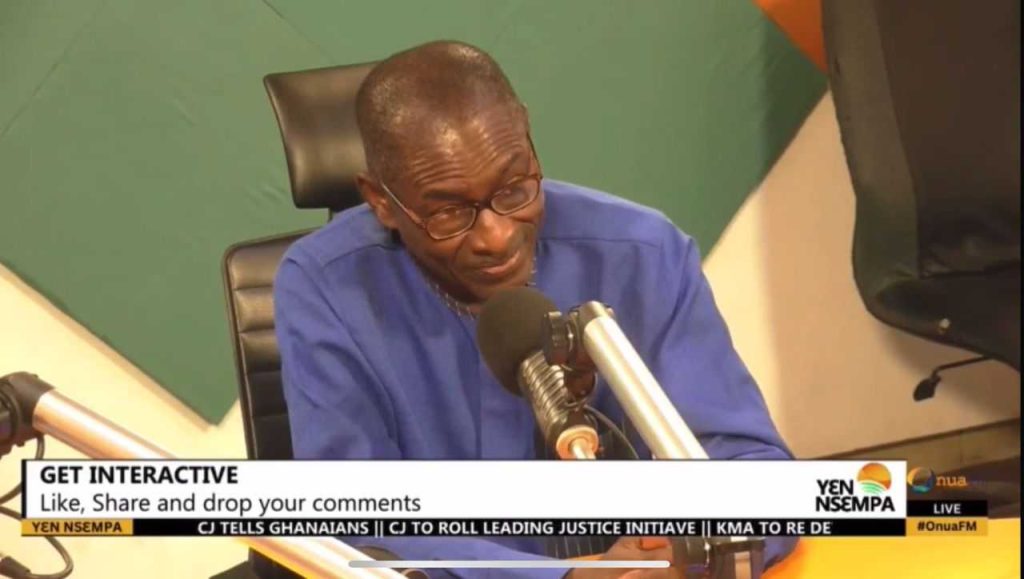In a startling revelation, member of the Alliance for Revolutionary Change, Henry Asante has disclosed that most of the smaller political parties in Ghana receive financial support from major political parties.
This practice, according to the politician, is a strategic move by the dominant parties to secure alliances and influence during decision-making processes within the political landscape.
“Let me be very blunt,” Asante stated during a interview with Nana Yaa Brefo on Onua FM.
“Most of these smaller parties, one will ask, how are such parties financed because we do not pay dues, we do not pay anything, so how do we make it? I can tell you authoritatively that most of the funding comes from the major parties,” he alleged.
He elaborated that the financial support from larger parties aims to sway the smaller parties during crucial decision-making sessions, particularly within the Inter-Party Advisory Committee (IPAC) meetings.
“When we go for IPAC meetings, you see that some parties have been deliberately organized to help in decision making. ‘Majority carries the vote,’ they say. The funds are all an attempt to woo the smaller parties,” Asante explained.
The lack of independence among smaller political parties is a significant concern for Asante, he said, as he emphasized that despite numerous attempts to form alliances among smaller parties to stop such activities mentioned, these efforts have been unsuccessful.
That was until leaders of ten political groupings signed a pact to contest the 2024 general elections under the banner of a coalition called the Alliance for Revolutionary Change, which was officially launched on April 17 with the Leader being Alan Kyerematen.
“The independence that political parties need to have, we don’t have that,” he lamented. “We have attempted several times to form an alliance; CPP, PNC, among others, but it’s never successful.”
Asante pointed out that the main barriers that arose in the attempt to form successful alliances was the issue of party symbols and who becomes Chairman as each party’s distinct symbol became a point of contention, with none willing to compromise for the other.
“Do you know why? The symbol was one of the factors. The various parties had diverse party symbols, nobody was willing to sacrifice for the greater good,” he noted. “For example, one party’s symbol is a coconut, another is a fowl. None wanted another’s symbol sitting on top of another’s symbol.”
“Besides that, the issue of who becomes the Alliance’s Chairman became a problem,” Asante stated.
Source: tv3ghana.com
